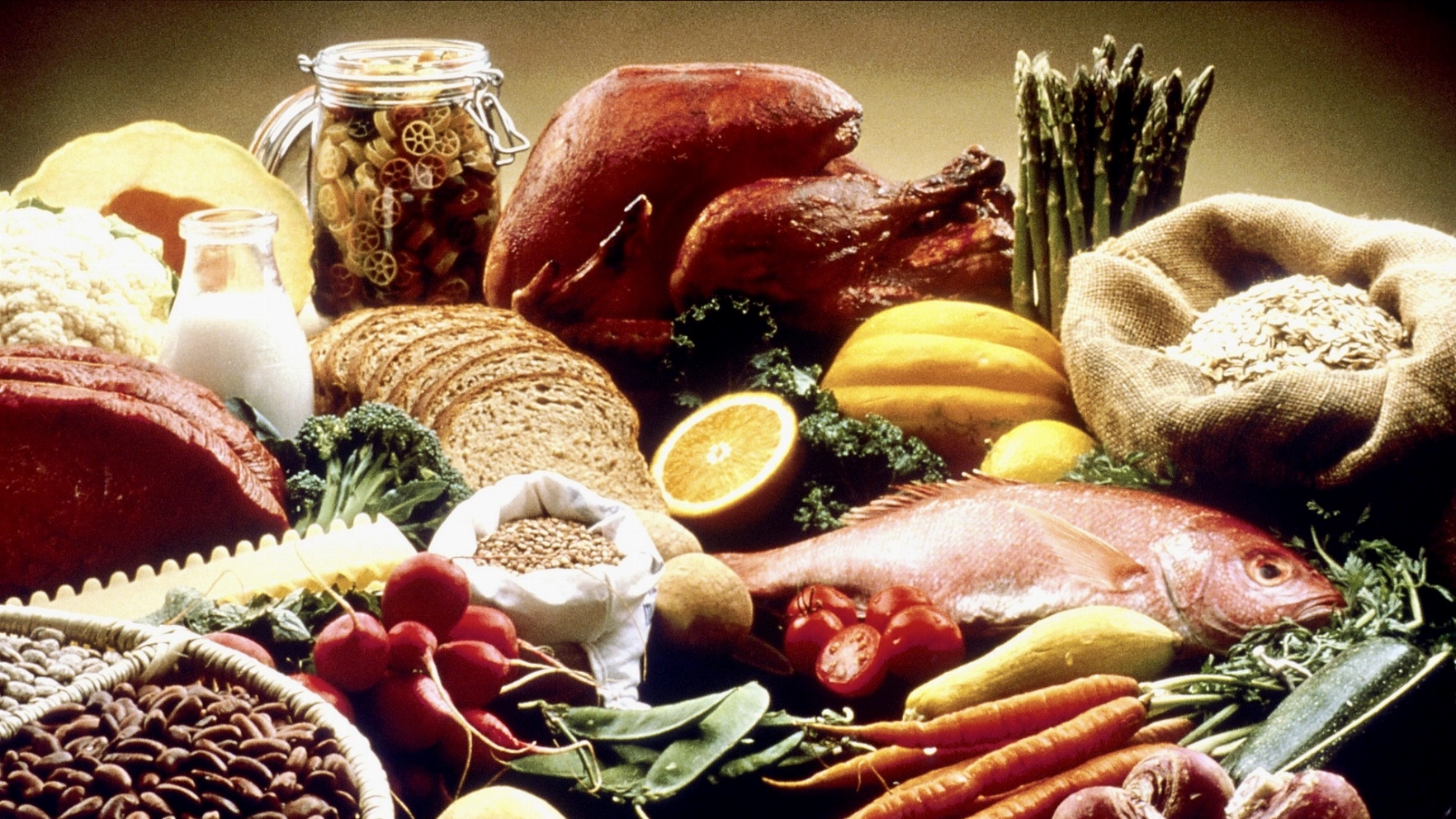Dukan Diet
Many people aim to lose weight as fast as possible. And in some cases, the results are unreliable and tricky to maintain. But the Dukan diet comes and promises to diminish weight permanently without hunger. Naturally, you might ask yourself if this is real. Let’s see up next whether or not the Dukan diet is a reliable weight loss plan.
What is the Dukan diet?
The Dukan diet represents a high-protein, low-carb weight loss plan designed with four main stages. A medical practitioner developed it from France, Pierre Dukan, who was inspired by a patient that admitted the only food he couldn’t quit in a diet was meat. Overall, this diet has some similarities with other high-protein, low-carb meal plans, including the Stillman diet or the Atkins diet.
What are the basics of the Dukan diet?
The first step taken with this diet is establishing your goal weight, depending on your age, weight loss history, and several other factors. And, of course, how long you remain in a phase is determined by how much weight you want to lose.
The four stages of this diet are:
1. The attack phase that lasts from one to seven days – this refers to you starting the diet by indulging in unlimited lean protein;
2. The cruise phase that lasts from one to twelve months – this is all about alternating between a day with lean protein and one with non-starchy legumes;
3. Consolidation phase that adds five days for every pound lost in the first two stages – this refers to no restriction concerning lean protein and vegetables, along with some carbohydrates and fats;
4. Stabilization phase that is not defined in time – this refers to the recommendation of following the diet with a little less restriction to maintain your newly achieved weight.
What to eat in the Dukan diet?
1. Attack phase
In this first stage of the diet, you will have to focus on high-protein foods like lean beef, veal, lean pork, poultry without skin, liver, kidney, fish, eggs, non-fat dairy products, tofu, seitan, and tempeh. Also, you should drink at least 1.5 liters of water daily and have 9 grams of oat bran.
2. Cruise phase
Now you will have to alternate between this stage and the first one. This means you can add spinach, kale, lettuce, broccoli, cabbage, bell peppers, asparagus, artichokes, eggplant, cucumbers, celery, tomatoes, mushrooms, pumpkin and 12 grams of oat bran daily.
3. Consolidation phase
This stage encourages you to mix anything from the first two stages with the following foods: one medium apple, orange, pear, peach, or nectarine two slices of whole-grain bread daily; roast lamb, pork or ham up to two times weekly, and 15 grams of oat bran daily.
4. Stabilization phase
At this point, your goal will be to maintain your weight, meaning no foods are entirely forbidden. The foal is to use this phase as the starting point for your meal plans. And you should still have one pure protein meal daily every week. Besides, you should take up to 18 grams of oat barn daily.
So, what are the benefits of following the Dukan diet?
1. It might promote weight loss, especially if you are obese.
2. It is viewed as one of the most efficient weight loss plans on the globe.
3. It gets rapids results between two to ten days.
4. It doesn’t require you counting calories.
5. It doesn’t need portion control.
6. It can be used for your entire life.
7. It is great for meat lovers.
8. It allows you to indulge in some favorite foods form now and then.
9. It is simple to add to your routine.
10. It can aid your body in absorbing nutrients during the third and fourth stages.
What about the drawbacks of following the Dukan diet?
1. It might lead to some health issues since it is high protein intake. As an example, even though in its initial stages, it might lower your cholesterol levels, your cholesterol might spike up again as soon as you enter the last stage.
2. It might promote constipation in those days when you are allowed to eat only proteins.
3. It might lead to similar symptoms to the flu or cold, due to the stress your body goes through while switching from carbs to protein to fuel your body.
4. The first two stages of the Dukan diet might create nutritional imbalances;
5. It is not recommended for everyone, which is why you should ask your medical practitioner about it before starting it.
6. It can be quite expensive.
The bottom line is that the Dukan diet can be beneficial for those that want to lose weight. Still, for some people, it might not turn out to be so helpful. It all depends on how your body reacts in the face of the fluctuations between stages. Overall, it is a safe meal plan to follow, and if done as instructed , it can help you balance your weight and boost your overall wellbeing.
, it can help you balance your weight and boost your overall wellbeing.










0